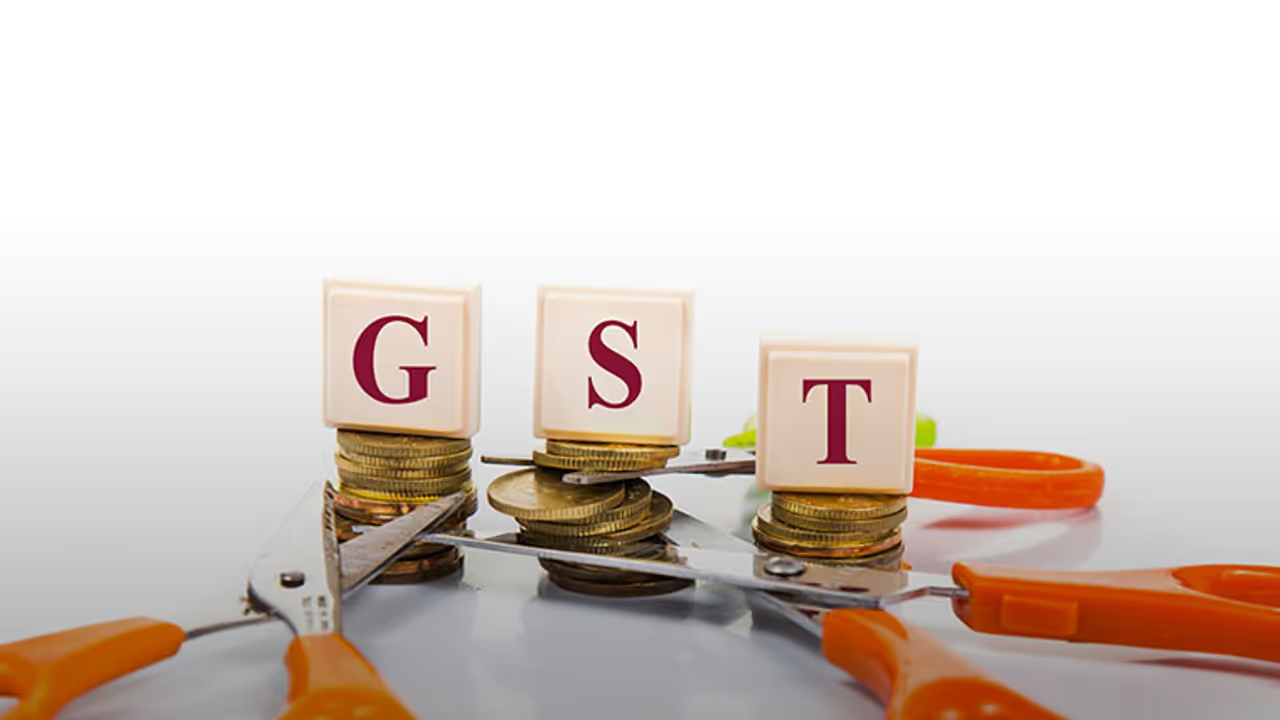
The overarching consensus over the passage of the Constitution Amendment Bill for GST in Rajya Sabha notwithstanding, there are indications of some fresh sticking points, with the Empowered Committee of State Finance Ministers’ chairman and West Bengal finance minister Amit Mitra raising a red flag over the government’s decision to stop short of explicitly providing for “full” compensation to states in the Bill said a report in The Indian Express.
Another issue pertaining to an amendment made by the Union Cabinet last week on Article 270, which allegedly deprives states from the divisible pool of Integrated GST revenue on unclaimed credits in B2C (business-to-customer) and B2G (business-to-government) transactions, has been flagged by Mitra in his letter to the Union finance minister . Kerala’s finance minister TM Thomas Isaac, in a separate letter to Jaitley on Wednesday, has also raised the same issue of exclusion of share of states in divisible pool of IGST collections.
In his letter to Jaitley, Mitra has asked for a clarification as the revised Constitution Amendment Bill has no mention of “full compensation” as opposed to the unanimous agreement of the same for five years during the meeting of the Empowered Committee last month. Jaitley is understood to have assured them that the matter will be discussed in the meeting of the Empowered Committee of state finance ministers.
“You would kindly recall that the issue of GST compensation was discussed in the last two EC meetings held on June 14 and July 26, 2016. The states had unanimously agreed that the compensation should be paid in “full” for a period of 5 years. This sentiment of the states was shared with the Union finance minister who was appreciative of the concerns of the states and assured the EC that the Centre is committed to give full compensation for a period of 5 years. The proposed amendment moved by the Union government in the Rajya Sabha has incorporated the suggestions of the EC but there is no mention of payment of ‘full’ compensation,” Mitra said in his letter to Jaitley. Separately, Isaac in his letter to the Union finance minister also reiterated the consensus of Empowered Committee in its last meeting regarding “full” compensation for states for five years.
The Union Cabinet last week had cleared several changes to the Constitution Amendment Bill including removal of 1 per cent additional levy for manufacturing states and changes to language for compensation for states. The revised amendment has substituted “may” with “shall” in the section for compensation in the original amendment which states, “Parliament may, by law, on the recommendation of the Goods and Services Tax Council, provide for compensation to the States for loss of revenue arising on account of implementation of the goods and services tax” for a period of five years.
On the issue of states’ share in IGST revenue, Mitra has written, “the proposed amendment in Article 270 (Clause 1A and 1B) would deprive the states of the share of IGST revenue of unclaimed credits in B2C and B2G transactions as it will not form part of the divisible pool. This amendment has never been discussed in the EC (Empowered Committee) and as such there has been no consensus on it.” He has asked Jaitley to retain the recommendations of the Select Committee of the Rajya Sabha on the amendment in Article 270 (Clause 1A). Isaac has said that the amendment in Article 270 is against the decision of the Empowered Committee of 2014 where it was decided that the residual amount in the IGST account shall be shared with the states as per the Finance Commission formula.
